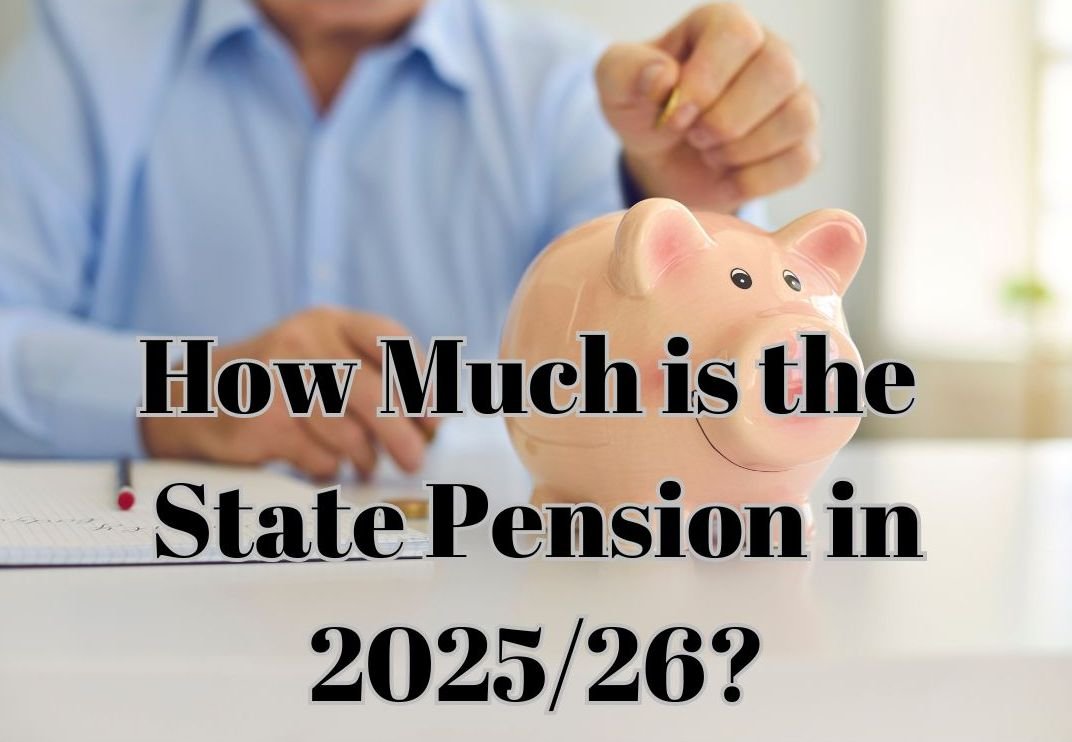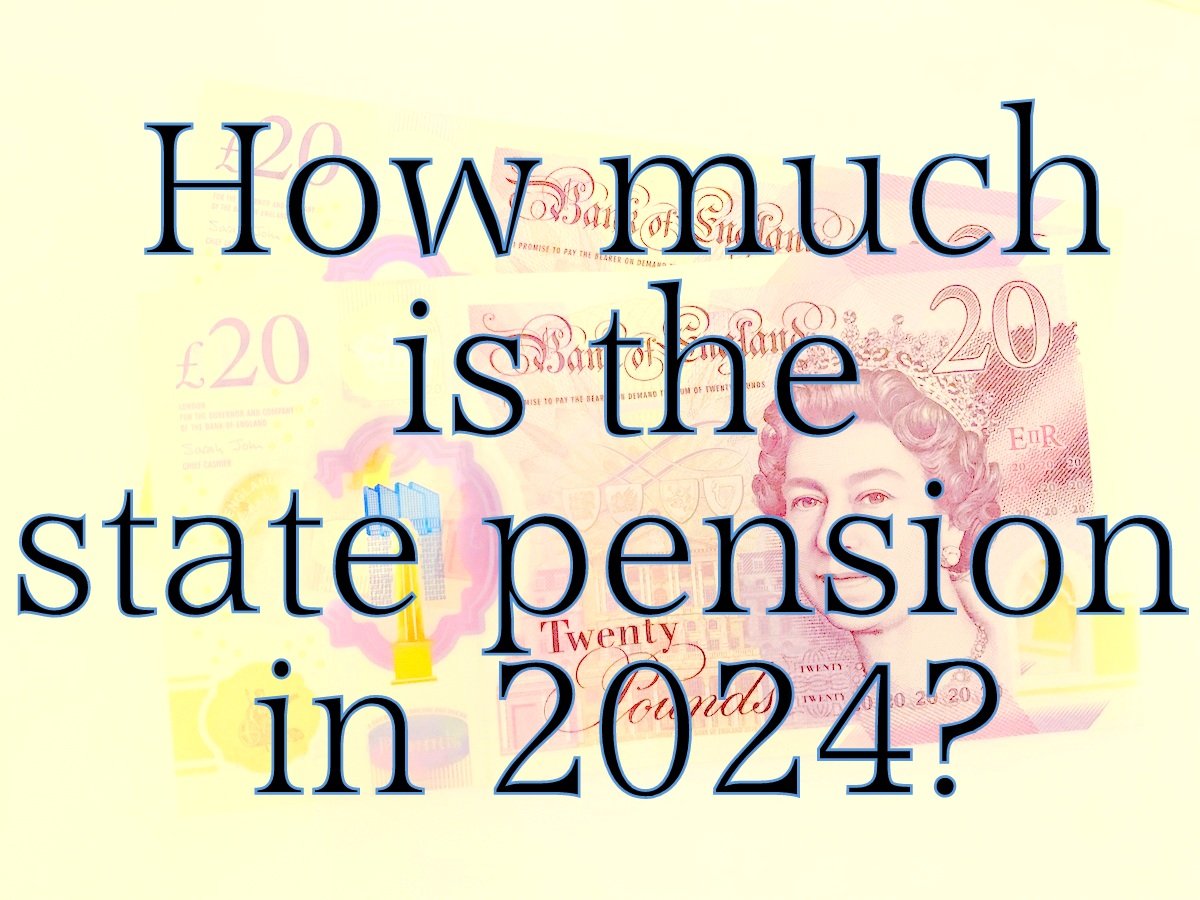Retirement Age – Born in 1977
Last updated on April 10th, 2023

Born in 1977 (Updated March 2023)
Were you born in 1977 and want to know what your UK retirement age is? Figuring out your retirement age can be pretty confusing with the many changes that are happening to UK State pension ages on a regular basis.
In July 2017 the independent review by John Cridland recommended the timetable to increase State pension age to 68 was brought forward and instead of it being in 2044 (which gives you a transitional retirement age between 67 and 68 and was legislated in the 2007 Pensions Act) it should now take place in 2037. However, this has not been legislated for and no legislation is planned until at least after the next independent review.
This essentially means that for people born in 1977, the current legislated situation is that you will have a retirement date (at least the date at which you can draw your State pension benefits) of between age 67 and 68. So you should be able to retire in 2044/45.
However, the second independent review recommended that the increase to age 68 was brought forward (but not as early as the Cridland review) which would mean that anyone born in 1977 would have a retirement age of 68 (i.e. on your birthday in 2045).
So this is the current legislated situation, which may well change in the future:
| Date of birth between | Pension Date |
| 6th April 1977 to 5th May 1977 | 6th May 2044 |
| 6th May 1977 to 5th June 1977 | 6th July 2044 |
| 6th June 1977 to 5th July 1977 | 6th September 2044 |
| 6th July 1977 to 5th August 1977 | 6th November 2044 |
| 6th August 1977 to 5th September 1977 | 6th January 2045 |
| 6th September 1977 to 5th October 1977 | 6th March 2045 |
| 6th October 1977 to 5th November 1977 | 6th May 2045 |
| 6th November 1977 to 5th December 1977 | 6th July 2045 |
| 6th December 1977 to 5th January 1978 | 6th September 2045 |
| 6th January 1978 to 5th February 1978 | 6th November 2045 |
| 6th February 1978 to 5th March 1978 | 6th January 2046 |
| 6th March 1978 to 5th April 1978 | 6th March 2046 |
The reasons given for bringing forward the increase to age 68 were to do with equality between different generations and affordability.
The State pension, contrary to popular belief, is not paid for with the contributions that you have paid in your lifetime. The State pension is paid for on a Pay as You Go (PAYG) basis which means that the current working population pay for the current pensioners. This obviously means that the higher the proportion of pensioners to workers that there are, the more the current workers need to contribute to pay for the State pension.
In order to make this equitable, the government have carried out studies on life expectancy so that they can ensure that we are all spending the same proportion of our adult working lives in retirement (just under one-third). Therefore, as life expectancy increases, so the State pension age needs to increase.


